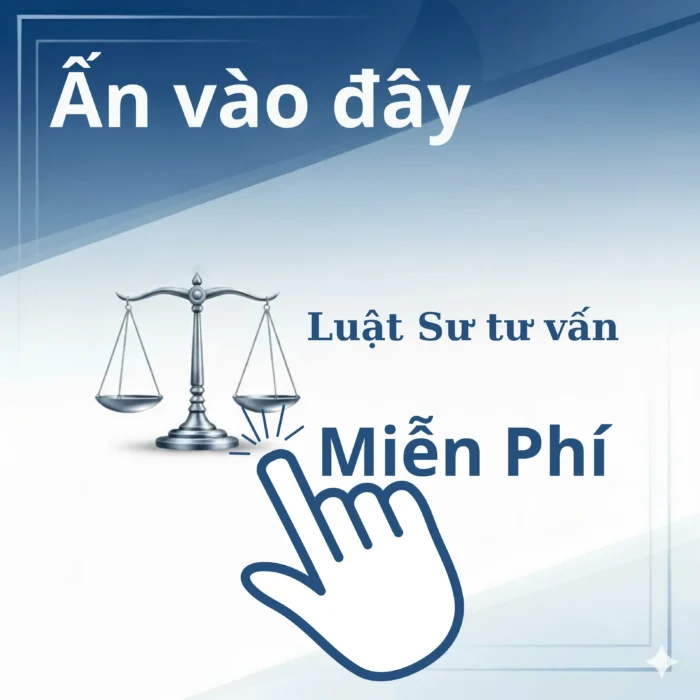Mẫu trình bày về việc cấp Giấy chứng nhận quyền sử dụng đất, quyền sở hữu tài sản gắn liền với đất mới nhất

Understanding the Importance of Luật in Everyday Life
In our complex society, the concept of luật (law) plays a crucial role in maintaining order and justice. Every individual, whether aware of it or not, interacts with various legal frameworks throughout their daily lives. This article delves into the significance of luật, its different branches, and how understanding these laws can empower citizens.
What is Luật?
Luật refers to a system of rules that are created and enforced through social or governmental institutions. It serves as a framework for regulating behavior, resolving disputes, and protecting the rights of individuals. Laws can vary greatly depending on the country, region, or even local jurisdiction. Understanding luật is essential, as it directly impacts our rights, responsibilities, and interactions with others.
The Different Branches of Luật
Luật can be divided into several branches, each focusing on specific aspects of society. Some of the most significant branches include:
-
Luật Hình Sự (Criminal Law): This branch deals with actions that are considered crimes against the state or public. It outlines what constitutes criminal behavior and stipulates appropriate punishments.
-
Luật Dân Sự (Civil Law): Unlike criminal law, which focuses on crimes, civil law pertains to disputes between individuals. This can include contract disputes, property issues, and family law matters such as divorce and custody.
-
Luật Hành Chính (Administrative Law): This area governs the activities of administrative agencies of government. It encompasses regulations that bureaucracies must follow and provides a mechanism for individuals to challenge those regulations.
-
Luật Quốc Tế (International Law): This branch governs the relationships between countries. It includes treaties, trade agreements, and international human rights laws.
-
Luật Lao Động (Labor Law): Labor laws regulate the relationship between employers and employees, encompassing issues like wages, working conditions, and workplace rights.
-
Luật Thuế (Tax Law): Tax laws dictate how individuals and corporations are taxed, including income tax, sales tax, and property tax regulations.
Understanding these branches of luật can help individuals navigate legal systems more effectively, ensuring they know their rights and obligations.
Everyday Applications of Luật
Everyday activities often involve interactions with luật. For instance, signing a lease requires knowledge of tenant rights and responsibilities, while making a purchase entails understanding consumer protection laws. Here are some everyday examples:
-
Employment Contracts: When starting a new job, an employee should review their contract to ensure it aligns with labor laws. Knowing rights regarding wage, benefits, and working hours is crucial.
-
Family Agreements: In family matters, understanding luật can help individuals navigate custody battles, divorce settlements, and inheritance issues.
-
Business Transactions: Entrepreneurs must be familiar with commercial laws to protect their businesses, ensure compliance, and navigate disputes.
-
Consumer Rights: Consumers should be aware of their rights under consumer protection laws to avoid unfair practices, such as false advertising or defective products.
The Role of Legal Professionals
Legal professionals, including lawyers and judges, are essential in interpreting and enforcing luật. They provide guidance and representation for individuals navigating complex legal landscapes. Engaging a professional can be particularly beneficial in challenging situations, such as criminal charges or family legal matters.
It’s important to choose a legal professional with expertise in the relevant branch of luật to ensure the best possible representation. For instance, seeking a criminal attorney for a criminal matter or a family lawyer for divorce proceedings is crucial.
The Impact of Luật on Society
The importance of luật extends beyond individual cases; it shapes society as a whole. Laws establish norms and standards that contribute to social order and justice. They protect the vulnerable, uphold human rights, and promote fairness in various areas, including employment, education, and healthcare.
Moreover, laws are continuously evolving to reflect societal changes. As new challenges arise, such as technological advancements or shifts in social attitudes, legal frameworks must adapt. This evolution often involves extensive public discourse and can lead to significant reforms.
How to Stay Informed about Luật
Staying informed about luật is essential for everyone. Here are some tips to keep you updated:
-
Follow Reputable News Sources: Stay informed about current legal issues by following news outlets that report on law and policy.
-
Engage with Legal Community: Attend public seminars, webinars, or community meetings that focus on legal education.
-
Utilize Online Resources: Websites, including Legal Zone, offer comprehensive information about various laws and can help individuals understand their legal rights and responsibilities.
-
Public Libraries and Law Schools: Many public libraries and law schools provide access to legal resources and workshops, making it easier for individuals to learn about specific legal topics.
Conclusion
The realm of luật is vast and multifaceted, governing various aspects of our lives. Understanding both the basics and complexities of luật enables citizens to navigate their rights and responsibilities effectively. By familiarizing ourselves with legal concepts, we empower ourselves and contribute to a more informed and just society.
In a world where laws shape our reality, being knowledgeable about luật is not just beneficial; it is imperative for the protection of our rights and the promotion of social justice. Therefore, make it a priority to educate yourself about the laws that govern your life and seek professional legal advice when necessary. Remember, a well-informed citizen is an empowered citizen.








